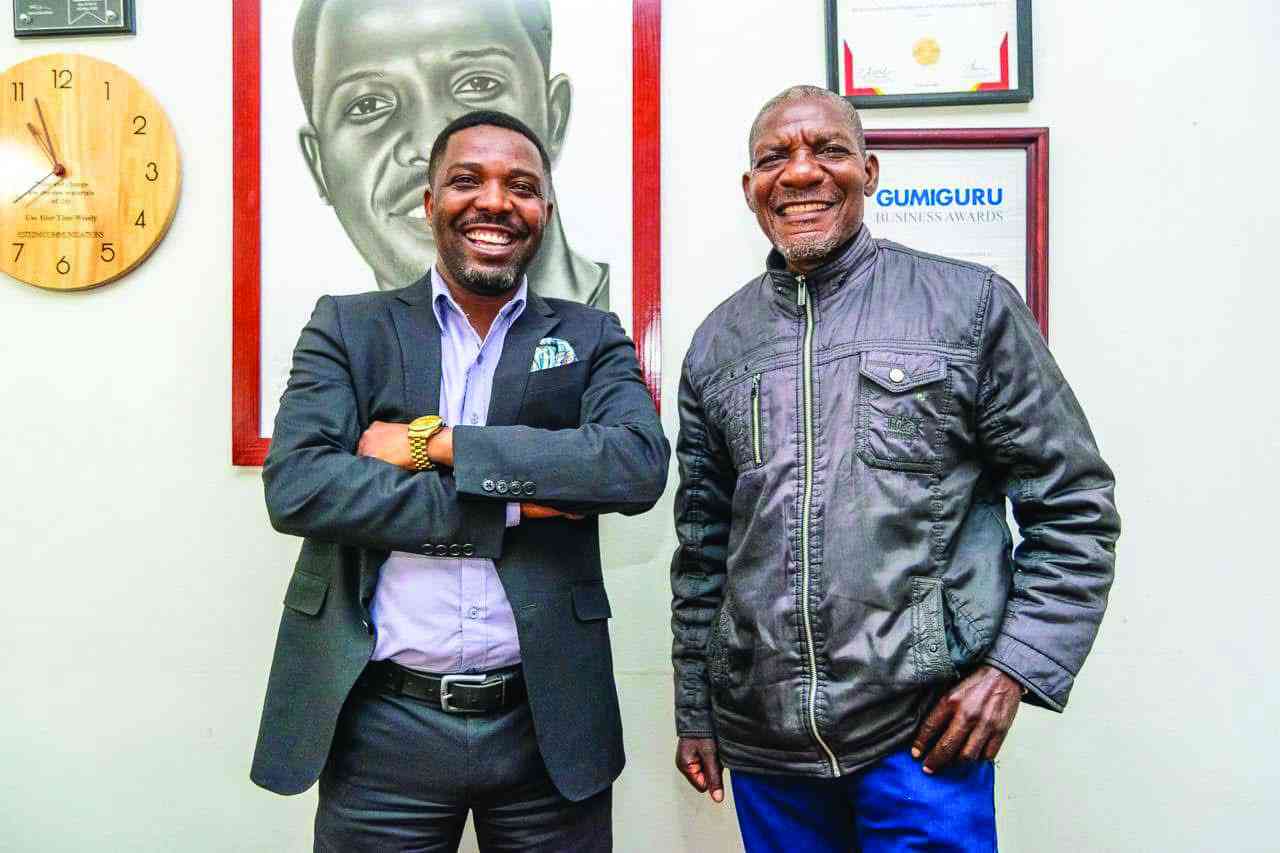
A new report says that AI is not a threat to the jobs of PR professionals, but rather is a threat to the jobs of PR professionals who don't use the technology.
The report entitled Humans Needed More Than Ever has just been published by the Chartered Institute of Public Relations (CIPR) which commissioned Professor Emeritus Anne Gregory, Jean Valin and Dr Swati Virmani to compile it.
The aim of the report was two-fold: First, to characterise the level of human displacement in the practice of public relations, and to provide practitioners and managers pathways to learn how to use artificial intelligence tools and how to govern the use of AI.
The report examines the use of artificial intelligence (AI) in public relations (PR) and its impact on the profession. It discusses the tasks that AI has replaced or assisted with, as well as the challenges and opportunities that come with its adoption. The report emphasises the importance of human involvement in PR, particularly in advisory roles, strategy development, and ethical behaviour.
It also uses the Global Capability Framework to assess the extent of AI's influence on different aspects of PR practice.
The researchers found that up to 40% of tasks performed by public relations professionals are now assisted by AI tools. The report reveals that, while the adoption of AI tools has accelerated, they are still not widely used even though they make task execution more efficient and effective.
According to the report, some specific tasks in public relations that have been replaced or assisted by AI include social media management, data analytics, content creation, crisis management, and video footage analysis. These are just a few examples, and the report provides a more comprehensive list of tasks that have been impacted by AI in public relations. The researchers asked to what degree each task has been either assisted or replaced by AI tools.
"To complete our picture of the profession, we should add activities where there are no recognised AI tools, although such tools can be used to inform them," the report said.
- Samsung tells employees not to use AI tools like ChatGPT, citing security concerns
- New AI research lets you click and drag images to manipulate them in seconds
- AI is not a threat to PR professionals, says CIPR Report
Keep Reading
For example, it mentioned acting as an adviser, contextual and ethical analysis, judgement, strategy development, reputation management, relationship development, human resource management and development, personal development, and maintenance of competence.
"These activities are among the broader capabilities of practitioners and cannot be reduced to the level of tasks. In recognition of this, we used the
Global Capability Framework to show the full range of public relations work," according to the study.
The Global Capability Framework is the internationally recognised benchmark for scoping the profession and adopted by professional associations worldwide. The framework assesses the influence of AI on different aspects of PR practice by mapping the use of AI against the 11 main capabilities in the framework. It identifies the tasks that have been replaced or assisted by AI tools and the extent to which AI is being used in each capability.
The framework highlights that AI tools are being used significantly in areas such as communication, research, relationship building, and reputation management. It also recognizes that there are activities within PR practice that cannot be reduced to tasks and require the unique capabilities of practitioners, such as advisory roles, strategy development, ethical analysis, judgment, and personal development.
The framework emphasizes the importance of maintaining a balance between AI tools and the human element in PR practice.
Human involvement is still important in PR despite the adoption of AI for several reasons, says the reporter. While AI tools are effective at automating repetitive tasks and providing data analysis, they cannot make complex decisions that require human judgment, critical thinking, and creativity. Public relations often involves strategic decision-making, crisis management, and reputation building, which require human expertise and understanding of nuanced situations.
PR professionals need to have emotional intelligence to understand and navigate human emotions, build relationships, and effectively communicate with stakeholders. AI tools cannot replicate the empathy and emotional understanding that humans possess, which is crucial in managing public perception and reputation.
AI tools can have biases and limitations that may lead to unethical practices or decisions. Human involvement is necessary to ensure that AI tools are used responsibly, ethically, and in compliance with legal and regulatory frameworks. Humans can provide the necessary oversight and governance to prevent the misuse of AI in PR.
PR is a dynamic field that requires adaptability and flexibility to respond to changing circumstances and emerging trends. Humans are better equipped to quickly adapt to new situations, think creatively, and come up with innovative solutions. AI tools may not be able to keep up with the rapidly evolving PR landscape.
Building and maintaining relationships with stakeholders is a fundamental aspect of PR. Humans excel at establishing personal connections, understanding individual needs, and building trust. AI tools cannot replicate the interpersonal skills and human touch required for effective relationship building.
In summary, while AI tools can enhance efficiency and effectiveness in certain PR tasks, human involvement remains crucial for complex decision-making, emotional intelligence, ethical considerations, adaptability, and relationship building.
Public relations will have to accelerate the adoption of AI and automation tools, especially those which offer a productivity boost, the report found that human skills were still highly valued and in demand.
"Humans are needed more than ever to govern the use of AI tools, avoid the ethical pitfalls inherent with many of them, such as bias and hallucination, and to provide guidance to organisations using these technologies," says the study.
The tasks that are being performed by AI tools are supportive of more sophisticated decisions and processes which have complex, human dimensions that cannot yet be replicated by AI tools and systems. Overall, the report emphasises the need for a balanced approach that combines AI tools with human skills and expertise.
- Lenox Lizwi Mhlanga is a consultant communication strategist with more than 20 years experince in the profession. He has worked for the World Bank Group’s International Monetary Fund (IMF) and other high profile organisations in Zimbabwe and the region. He is a sought after adviser and facilitator and is a recognised thought leader. He can be contacted on mobile: +263 772 400 656 and email: lenoxmhlanga@gmail.com










